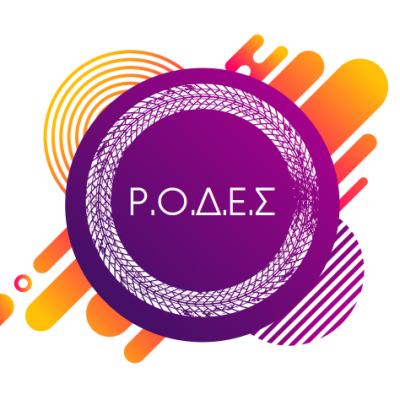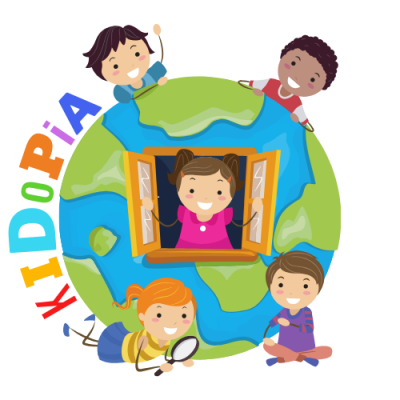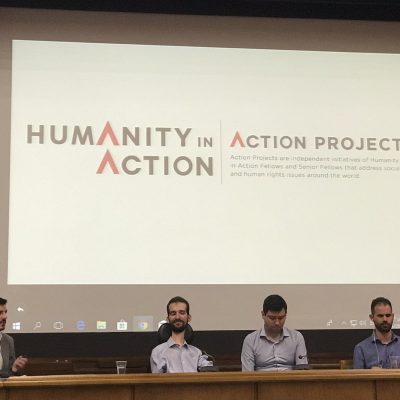Article
During her Fellowship in Berlin, Senior Fellow Athanasia Rafaela Tsinafournioti decided she wanted her project to focus on her community, the Roma in Serres, Greece. Through Wheels (ΡΟΔΕΣ in Greek) she turned her attention to improving opportunities for Roma girls.
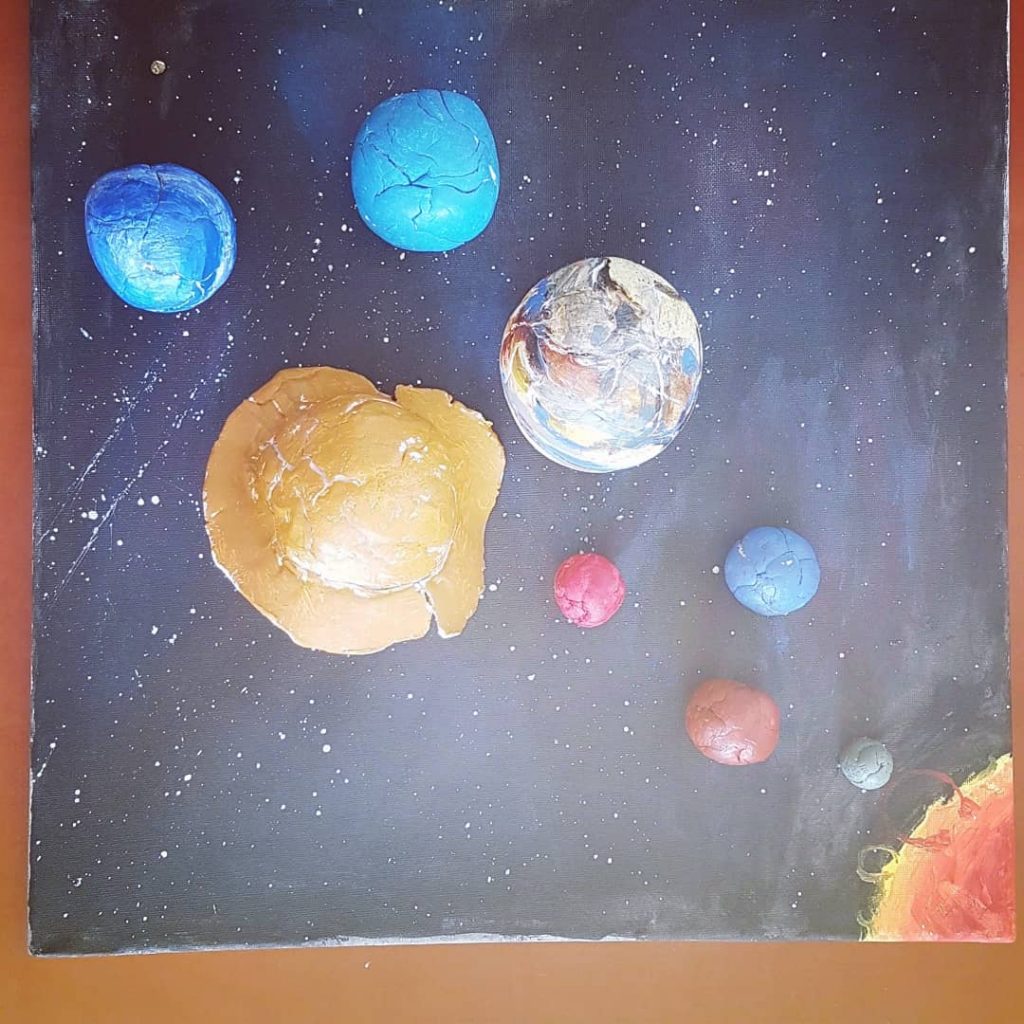
Gender roles in Roma societies are strict and specific, says Athanasia. Roma women are expected to be the primary care-givers of their families, which comes with a lot of pressure regarding marriage and raising children. Roma girls in Greece tend to get married during their teenage years, and because of this, schooling is not a priority for them. Their future plans and dreams focus entirely on their personal lives.
“I want more Roma girls to have opportunities like I did.”
In the Roma community of Mavrothalassa, Serres, where Rafaela is from, people are perceived to be more modern than what one would expect from a traditional Roma community, explains Athanasia. They live in houses, have their own jobs (mostly related to agriculture), and have access to the bare necessities. Some of them live above the poverty line, even if they reside in a somewhat isolated area of the village. Their traditions, however, remain unchanged. Most children enter the workforce as soon as possible, taking over their fathers’ manual jobs, whereas girls focus on getting married and having children, preferably before they turn 21. As a result, Roma girls have no support or opportunities to dream beyond domestic life, make plans for professional development and studies, or build up their confidence to pursue something different than what their community expects them of them. Through Wheels, Rafaela has helped them take their first steps in this direction.
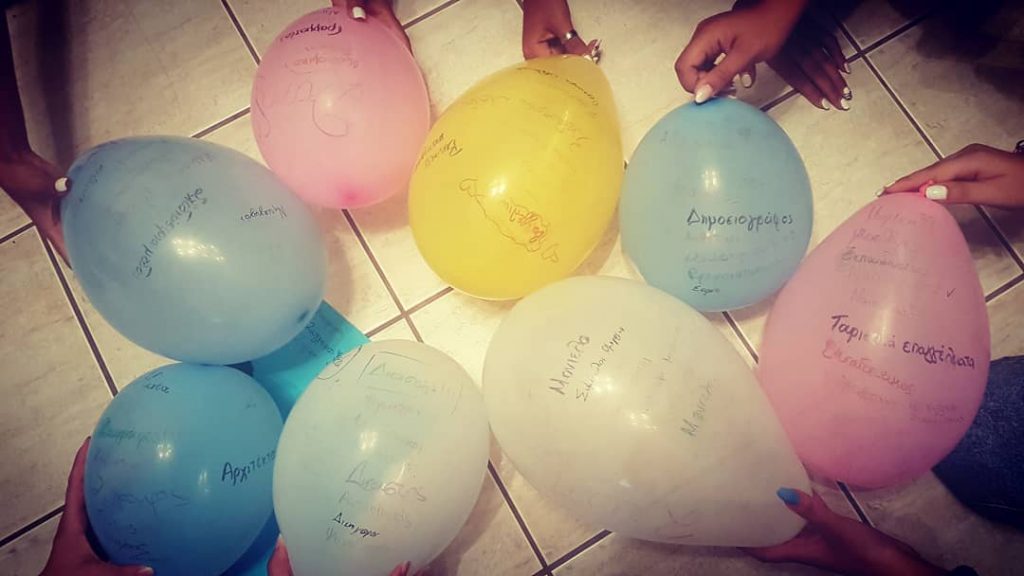
To Rafaela, as a Roma woman who was raised under non-Roma standards, she recognized that having one’s own family is valid and important. However, she wants Roma girls to have more options like she did. In part, this project was inspired by her niece. Rafaela’s niece has looked up to her since she was 13 years old. Since they were close and talked openly about future plans and education, her niece decided to go against this tradition and follow her dream of studying graphic design. When Rafaela reflected further, she realized that she herself was also inspired by a close relative, her sister, who never had the chance to study, despite her love for school.
“To all Roma women in our community: Your emotional and physical strength speaks volumes despite the expectations of our cultures. You inspired me.”
Wheels brought all these girls together, despite their different ethnic or cultural backgrounds, but most importantly, despite everything society told them.
Wheels was originally conceived for Roma girls. However, soon, non-Roma girls seemed eager to participate as well. After asking Rafaela for permission, they started coming to the events and bringing their friends. By the end of the project, Roma and non-Roma girls became friends and started hanging out even after the project hours. According to Rafaela, that was when she knew her project had made a huge step towards building a strong community and battling racism, stereotypes, and discrimination. Wheels brought all these girls together, despite their different ethnic or cultural backgrounds, but most importantly, despite everything society told them. They proved that they don’t have to avoid each other, and they learned that they have more similarities than differences. In fact, today these girls go to school together, hang out together, and continue growing in unison.
“They proved that they don’t have to avoid each other, and they learned that they have more similarities than differences.”
Though Wheels is complete, more work is needed. The Wheels team hopes to recreate this program for younger audiences, and in different communities. If you or someone you know is interested in supporting this work or working to end discrimination for Roma and minority communities, please contact germany@humanityinaction.org to get in touch with Rafaela.

